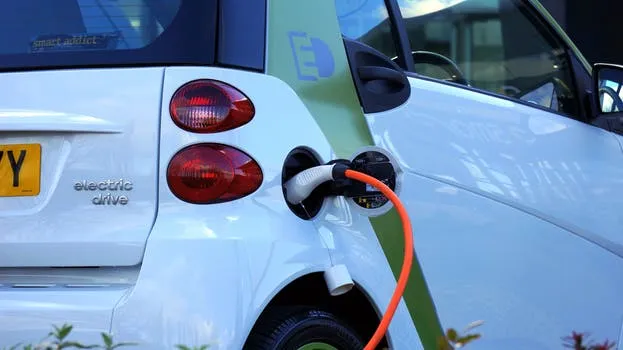Types of Electric Vehicles
11/12/2018

If you’re looking to buy an electric vehicle, you’d be forgiven for feeling lost. The terminology can be confusing, and you might not understand what you’re looking at or what options are available.
Let us help by shedding some light on the types of electric vehicles currently available on the New Zealand market:
Battery Electric Vehicles (BEVs)
A BEV is a 100% fully electric vehicle. There’s no fuel engine or exhaust pipe – the car only gets around by being supplied with electricity from battery storage.
BEVs are designed for city commuting and short trips. They range from between 120-450 kms on a full charge, depending on the model. The only way to charge these vehicles is to plug them in (although some also do charging through regenerative braking).
In New Zealand you’d typically be doing this charge in your home overnight, but rapid-charging stations are cropping up all over the country, improving your mobility every year!
Hybrid Electric Vehicles (HEVs)
Unlike BEVs, HEVs are powered by electricity and petrol. When the car brakes, this provides electric energy to recharge the battery, through the process known as regenerative braking.
In your HEV, you’ll start off with the electric motor, but the petrol engine will switch on as you increase your speed. An internal computer controls the two motors to ensure you’re always using the most efficient engine. These engines are complex and require regular maintenance, and they tend to favour the petrol engine over the electric motor, but they work well for people who don’t want the ‘hassle’ of plugging in their car to charge it.
Plug-in Hybrid Electric Vehicles (PHEVs, also known as Extended-Range Electric Vehicles – EREVs)
As the HEVs above, these vehicles are powered by both petrol and electricity. The difference is that PHEVs can recharge through both regenerative braking and plugging into to a socket.
The petrol engine in a PHEV exists to extend the range of the car so you can travel a longer distance, as well as recharging the battery when it gets low. These cars are a great option if you regularly travel longer distances, but be aware – the engine is complex and requires regular maintenance to keep it in good working order.
Which electric vehicle is right for you? Find out in ourbuyers guide.







